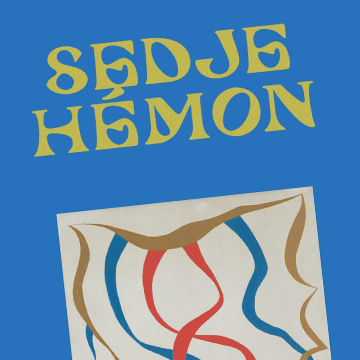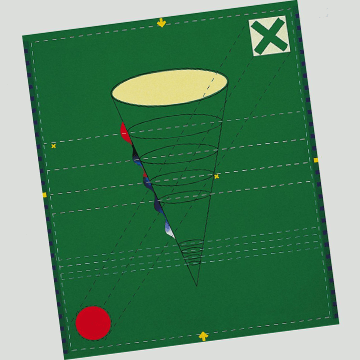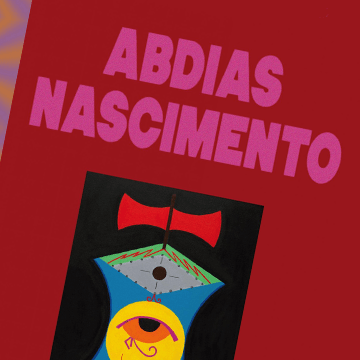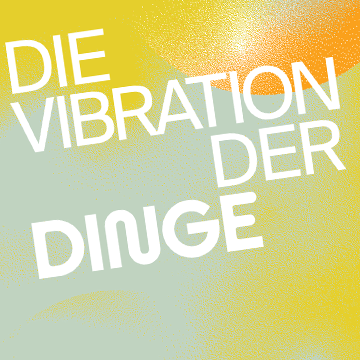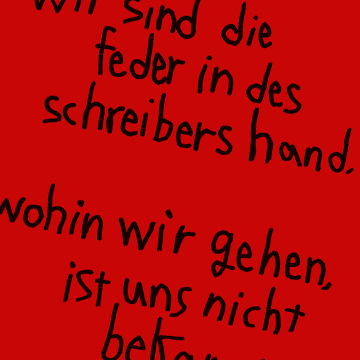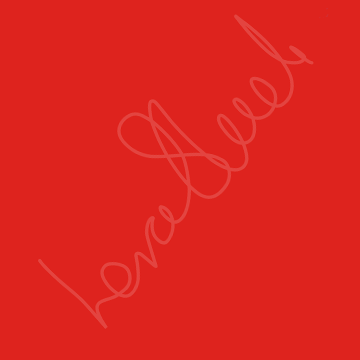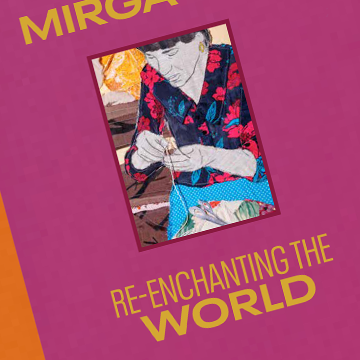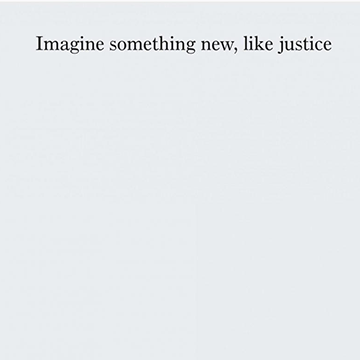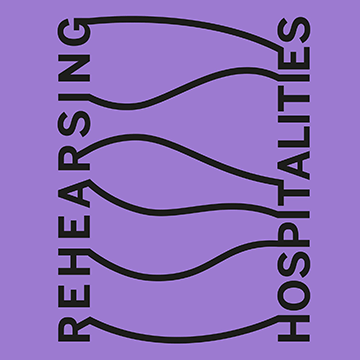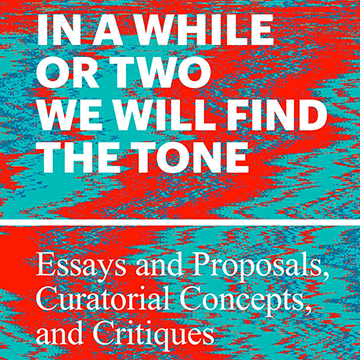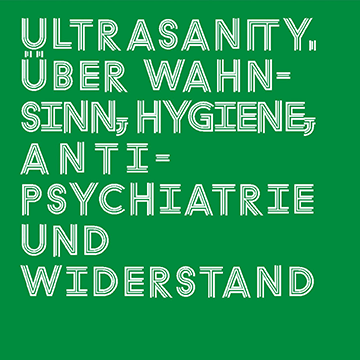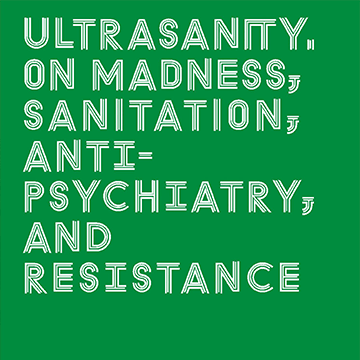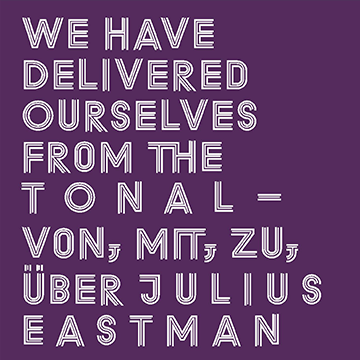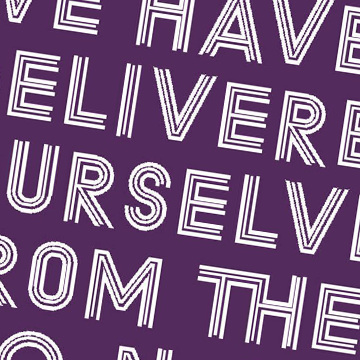Sedje Hémon (1923-2011) dedicated her life to showing the common origin and intersectionality of all arts and sciences, culminating in the development of a theory for the “integration of the arts.”
Tag: Art
Imran Mir – A World that is not Entirely Reflective but Contemplative
Imran Mir's (1950-2014) oeuvre can be interpreted as a constant refusal to provide comprehensive elaboration beyond what one experiences. The act of contemplation is a guiding principle to interpreting Imran Mir’s work, an approach that reverberates into a practice that grew out of conversations with a community of artists, activists, poets, relatives, and other thinkers in Karachi.
Abdias Nascimento – Being an Event of Love
Abdias Nascimento (1914-2011) was a story-teller whose mediums of expression embraced as many forms as they could, borrowing the paths at hand to communicate ideas and reflect on the urgencies of his time and place.
Hannah Ryggen Triennale 2022: Anti-monument
Hannah Ryggen Triennale 2022 presents artists and works that can varyingly be seen in the light of Hannah Ryggen's legacy (1894–1970). With the anti-monument as a prism, embodied truths are replaced with a multitude of alternatives. In this publication, the curators and invited authorsexplore the dialogues that take place between Hannah Ryggen's tapestries and the contemporary artists's woks in the triennale exhibitions, also mediated through a rich selection of images.
Hannah Ryggen's attitude toward hierarchical constructions is still confrontational Her art invites dynamic readings, at the same time as it punctures fascist ideologies and literally outlasts structures in reinforced concrete. This is the strength and potential of her textile anti-monument.
Die Vibration der Dinge | The Vibration of Things
Things, including artistic objects, are integrated into social and societal contexts. Objects are alive, they vibrate and generate resonance. When they travel, their meanings and values shift. They possess a charge that can change and even disappear.
Afro-Sonic Mapping
From his longstanding engagement to “un-mute” colonial sound collections captured during the European colonial period, Satch Hoyt’s practice has been dedicated to intervene those collections and awake their sonicity, releasing phonogram recordings and instruments of different regions in Africa from the museological silence. For Hoyt, the sonic opens a portal to the acoustic mappings of history – testimonies of enslavement, resistance, empowerment and liberation, and also the amalgamations of today and the future.
wir sind die feder in des schreibers hand, wohin wir gehen, ist uns nicht bekannt Farkhondeh Shahroudi
This is the first monographic overview publication of the work of Farkhondeh Shahroudi. Long overdue, but in the accurate context of the Hannah Höch Support Award, which the artist received on the 1st of November 2022 in Kupferstichkabinett Museum Berlin, generously supported by the Senate Department of Berlin for Culture and Europe.
Lerato Shadi
We are delighted to be able to introduce Lerato Shadi’s first monograph. In her work, it is the marginalized that Shadi puts centre stage, negotiating bodies discriminated against in racist, sexist or classist ways, along with the experiences inscribed in them. Employing different media, Shadi addresses issues of institutional violence, patriarchal and colonial strategies of exclusion and erasure but also highlights resistant subjective narratives.
Re-enchanting the World
Re-enchanting the World is a publication accompanying Małgorzata Mirga-Tas’s exhibition of the same name, shown in the Polish pavilion at the 59th Venice Biennale. The exhibit is Mirga-Tas's manifesto on Roma identity and art, drawing inspiration from the Renaissance frescoes of the Palazzo Schifanoia in Ferrara and thus attempting to expand the European iconosphere and history of art with representations of Roma culture.
Imagine something new, like justice
Imagine something new, like justice is a publication project realised by the 2019–2021 fellows of the Graduate School programme at the Berlin University of the Arts: Yalda Afsah, Salwa Aleryani, Neslihan Arol, Anthony R. Green, Mariam Mekiwi, Rindon Johnson, and R A Walden. The intricacies of building societal, historical, corporeal, and environmental justices today in theory and praxis make the common denominator among their sonic, visual, filmic, theatrical, literal, sculptural, and installation oriented researches. Intersections, collapses, overlaps and resonances among their voices make this publication a unique artist book that questions the agency of imagination in the artistic, discursive and political realms.
Rehearsing Hospitalities. Companion 2
Upon what kind of power structures of knowledge and knowing are contemporary art and artistic institutions dependent? Do practitioners in the art field reproduce oppressive Western epistemic paradigms through artistic practices and institutional structures, and if so, is there space for emancipatory ways of knowing? What are the ways that intersectional subjectivities open up new epistemic processes within the artistic field? These are among the questions and considerations that provide a critical lens for the 2019 Rehearsing Hospitalities programme.
In a While or Two We Will Find the Tone
Bonaventure Soh Bejeng Ndikung’s expanded curatorial practice delineates the space of exhibition making as a space of critical thinking and of experimentation. By proximity, the texts in this anthology, echo each other, resonate with each other, interfere with each other, and present perspectives on the political, poetic, and philosophical potentials of exhibition making, beyond the tight corset of the discipline itself.
U L T R A S A N I T Y
Dieses Buch legt eine Auswahl von Worten, Arbeiten und Bildern offen, die es geprägt, angestiftet und verkörpert haben. Es wurde nicht einfach als ein Ausstellungskatalog realisiert, sondern als eine Publikation die einen Rechercheverlauf nachverfolgt, als eine Gelegenheit SAVVYs kuratorischen Vorschlag um eine zusätzliche chorale Perspektive zu erweitern.
U L T R A S A N I T Y
This publication unfolds as a collection of words, works, and images that informed, incited, and embodied SAVVY Contemporary’s project Ultrasanity. On Madness, Sanitation, Antipsychiatry, and Resistance, an exhibition and research project on the elasticity of sanity.
We Have Delivered Ourselves From the Tonal
We Have Delivered Ourselves from the Tonal — Von, mit, zu, über Julius Eastman ist eine Auswahl von Essays, Libretti, Liedtexten, Erinnerungen, Fotos und persönlichen Anekdoten von Musiker*innen, bildenden Künstler*innen, Forscher*innen und Archivar*innen, die dem Werk und Leben des afroamerikanischen Komponisten, Musikers, Performers und Aktivisten Julius Eastman Ehre erweisen.
We Have Delivered Ourselves From the Tonal
We Have Delivered Ourselves from the Tonal — Of, Towards, On, For Julius Eastman is a collection of essays, librettos, lyrics, memories, photos, personal anecdotes by musicians, visual artists, researchers and archivers that pays homage to the work and life of African-American composer, musician, performer, activist Julius Eastman.
